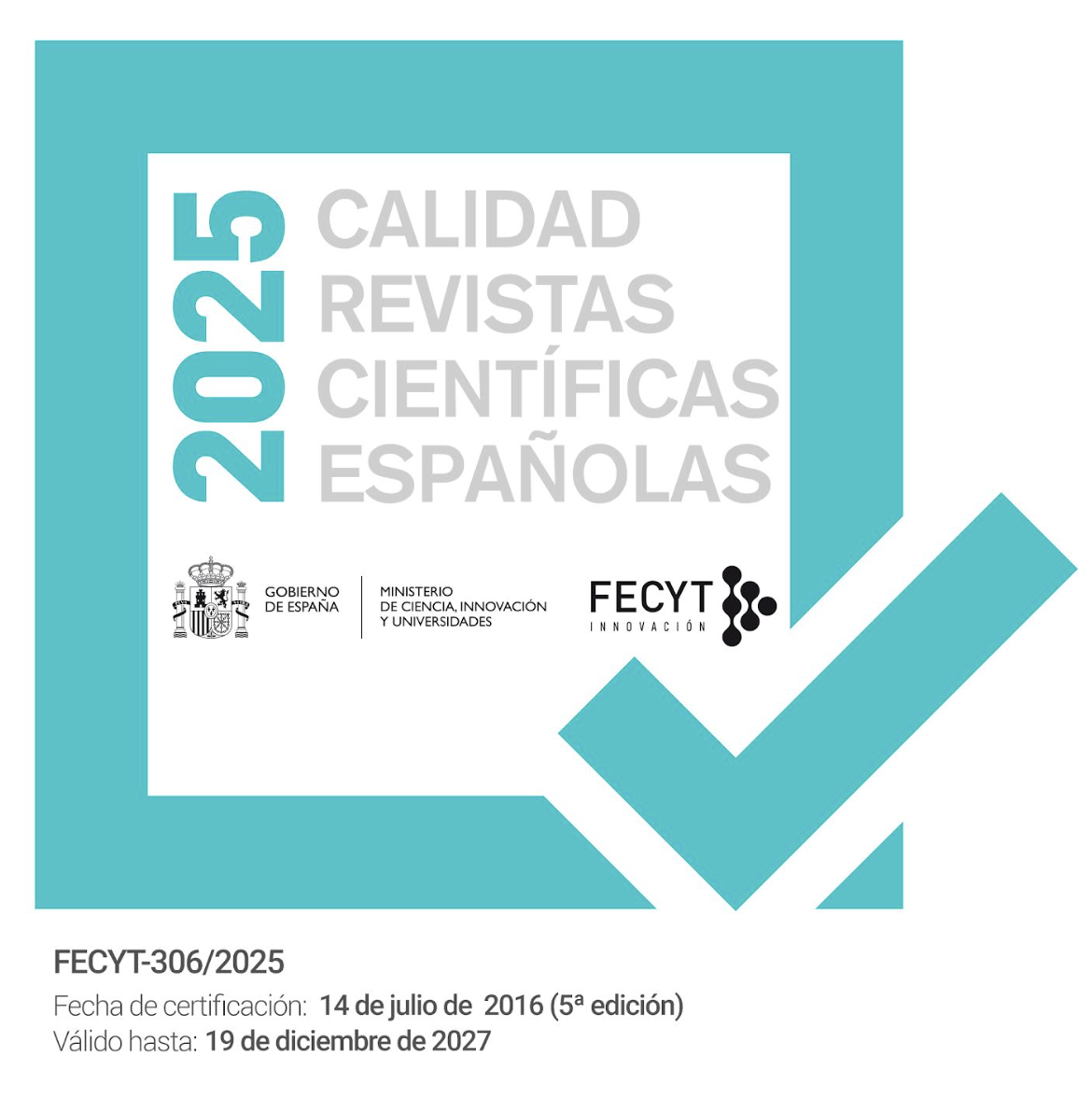Policy Food Consumption In The singularized society
DOI:
https://doi.org/10.22325/fes/res.2022.101Keywords:
Conscious food consumption, Sociology of singularity, Food citizenship, Individual structuring, Elective inequalityAbstract
Political Food Consumption is the ability to choose or reject products, leading to institutional and ethical changes and transformations in the food market. This elective capacity is one of the main current social structures, presenting itself as a possibility for the actors who have to fill their biographies with decisions. From a qualitative methodology using semi-structured interviews, we have seen that critical conscious consumption is part of the present singularised society. When it comes to food, those who are better informed and/or endowed with economic capital are those who are more likely to relegate foods and choose others. On the other hand, those who are less able to access these foods are the ones who are less able to do so. Obtaining accurate information on these variables is important for the development of a common space where new social movements can promote more conscious and responsible consumption.
Published
How to Cite
Issue
Section
License
Copyright (c) 2022 Miguel Arenas Martínez, Amparo Novo Vazquez

This work is licensed under a Creative Commons Attribution-NonCommercial 4.0 International License.
• The transfer of the copyright of the article to Revista Española de Sociología.
• The assignment to the Revista Española de Sociología of the rights of commercial exploitation of the article to third parties both in the offset and digital formats, as well as to the search engines and platforms that may serve as intermediaries for the sale or knowledge of the article.



